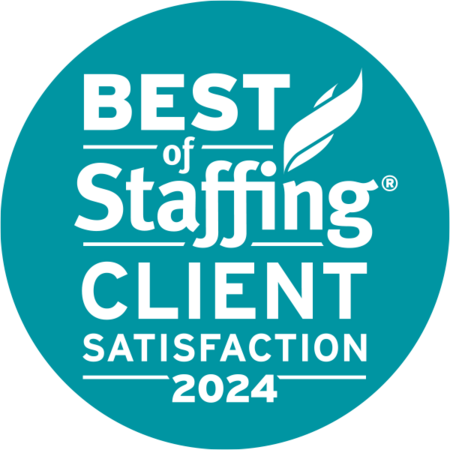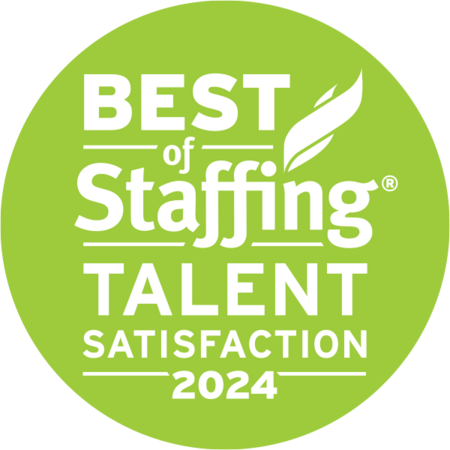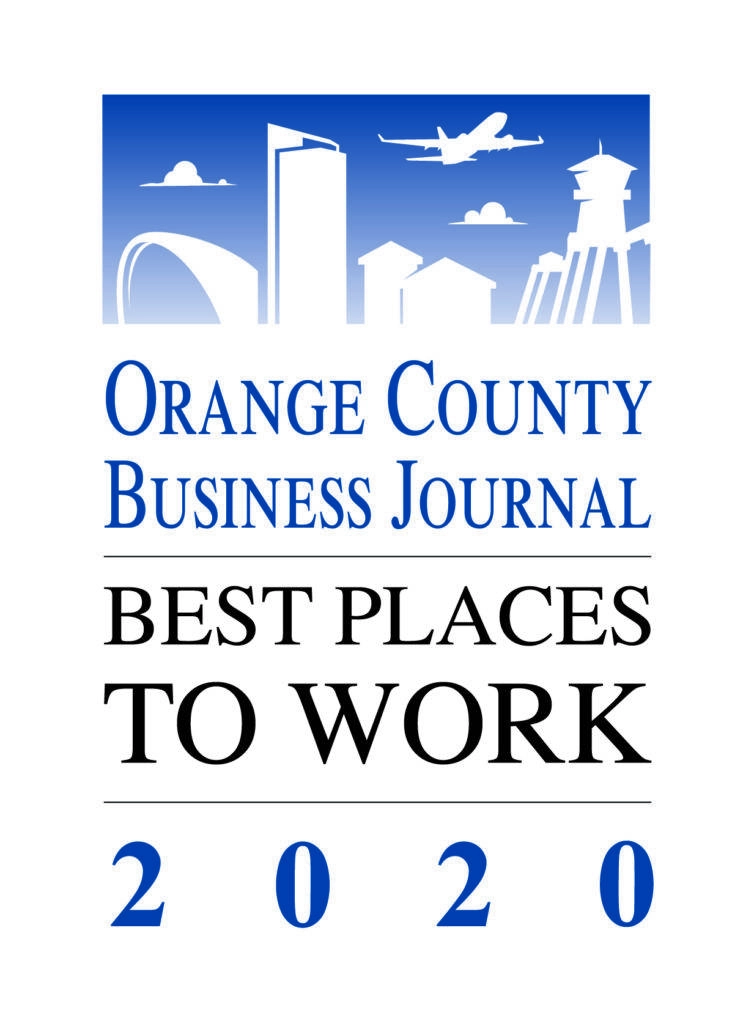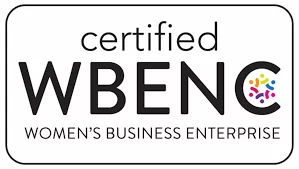By Jennifer Hannigan, CEO Alliance Resource Group
Note: This is part one of a two-part series.
I have been in the executive search and temporary consulting business for more than two decades, and in recent years I have witnessed a major decline in relationship dynamics that transcends all age groups and demographics.
In the ever-evolving business landscape, Accounting and Finance professionals find themselves amidst a tempest of digital transformation, regulatory shifts, and intricate stakeholder ecosystems. While these elements drive the industry forward, there’s an undercurrent that threatens to erode the very fabric of professional engagement: the disintegration of common courtesy in the interview process.
The subtle art of interaction — the backbone of trust and collaboration — is facing a crisis.
This erosion of professional decorum manifests in myriad ways: curt emails replacing thoughtful dialogue, the diminishing patience for mentoring, and failure to follow up promptly during the interview process are just a few behaviors. While seemingly small in isolation, they collectively contribute to a culture that may stifle open communication and undermine the sense of community and support that are essential for sustained success in the field. Hiring managers and candidates alike should be acutely aware of these shifts in professional conduct.
It is crucial to recognize that these subtle slippages in courtesy are not just matters of etiquette but are indicative of the deeper values that will define the personal and professional brands of individuals and companies respectively.
For me, the proverbial straw occurred last month when a CFO candidate failed to write a “thank you” letter following an interview. In missing this simple, yet powerful step in the interview process, the organization’s chairman disqualified the candidate for “lack of basic manners.” The misstep cost the candidate a rich compensation package and an extraordinary career opportunity. All because he failed to send a follow-up note.
This thoughtlessness and laziness of skipping steps is disrespectful and leaves me feeling frustrated and exasperated — for both my clients and candidates. In a time where professional decorum is fading into the background, this is an excellent opportunity for Accounting and Financial professionals looking for their next career move to stand out from the crowd.
Here are five critical behaviors that I believe need to be non-negotiable in the interview process.
1) Embody Professional Demeanor
Making an indelible mark from the very onset — be it through a phone call, a virtual meeting platform, or a traditional in-person greeting — is paramount. The caliber of your professional demeanor is often gauged by your preparedness for the interaction.
It’s a sign of respect and consideration to meticulously prepare for a conversation, acknowledging the extensive process recruiters and Human Resource professionals undergo to distill a vast array of applicants into a select interview cadre. You’re in this distinguished group; leverage the opportunity to demonstrate your respect for the process and the individuals involved. Thorough preparation not only sets you ahead in the pool but enriches the dialogue with meaningful insights into the organization, elevating your status to that of a thoughtful and informed candidate.
Conduct comprehensive research of the organization and the executives within. Delve into the corporate website to assimilate its legacy, values, and mission. Read recent news articles or explore the company’s press page for insights into its market influence, community engagement, and industry standing. Identify activities and initiatives that align with your personal values and career aspirations. Thoroughly review the interviewer’s LinkedIn profile. Taking note of the interviewer’s career path and current responsibilities is not just due diligence; it’s a strategic move to uncover mutual professional passions and thoughtfully craft questions that will lead to a richer conversation.

2) Cultivate Clarity and Establish Precise Expectations
Navigating the intricacies of the interview process can be complex, particularly as the stakes rise with senior-level roles. The number of discussions and the depth of engagement increase accordingly, thus clear and direct communication becomes crucial. Articulate your requirements and your intent candidly — clarity here is not just beneficial, it’s imperative.
Should your interest in the position be strong, make it known. Equally, if your job search is broad, and you’re in discussions elsewhere, that too should be communicated. The essence of transparency is the absence of surprises. When you’re actively pursuing multiple opportunities, the logistical challenge of syncing timelines is significant. The risk of forfeiting a potential role because you’re holding out for another cannot be taken lightly. Navigating these waters requires a deft communication strategy, tailored to maintain your credibility and keep your prospects alive.
A final note: There may be circumstances where standard notice periods need extending — be it due to pending bonuses, pre-planned leave, or wrapping up pivotal projects. Such eventualities must be brought to the table early in the conversation. Forethought in sharing such details underscores your professionalism and respects the planning processes of your potential future employer.

3) Send Thank-You Letters
Concluding an interview is not the culmination of a job search. A pivotal step remains; one that distinguishes a perceptive candidate from the pool — crafting a thank-you note. This gesture is not merely courteous; it is an indispensable part of professional etiquette.
The question often arises: should you opt for the immediacy of email or the tactile sincerity of a postal note? Embrace both. An email sent post-interview signals promptness and earnestness, propelling your profile to prominence. Complement this with the personal touch of a handwritten note — it’s a testament to your dedication and attention to detail.
The act of sending a thank-you letter showcases your graciousness and acknowledges the time and consideration extended by the interviewers. Beyond manners, it reveals the depth of your commitment to the role and shines a light on the leadership attributes you possess — conscientious follow-through, effective communication, and a heartfelt respect for collaborative relationships. It’s the foundation upon which enduring professional connections are built within a new organization.
Securing contact details is a personal charge; it’s essential to get these details during the interview or contact your recruiter if necessary. To omit the courtesy of a thank-you is to disregard the fundamental principles of professional respect. Such an omission is conspicuous and suggests a lack of engagement, potentially tarnishing your professional reputation.
4) Conclude Involvement with Grace
Should you choose to withdraw from the selection process, it’s incumbent upon you to politely tie off the communicative exchange. The act of leaving a professional dialogue without a proper farewell — colloquially known as ‘ghosting’ — is a faux pas that can tarnish your professional image. You must reach out directly to the interviewer or the hiring manager, articulating your decision with clarity and politeness. A note of thanks for the opportunity and the engagement thus far is both respectful and reflective of good professional practice. Indicate your intention to withdraw, and depending on the stage of the process you’ve reached, consider a direct phone call to add a personal touch. The professional world is smaller than it seems, and maintaining amicable relations can pave the way for future opportunities with minimal effort.

5) Maintain Promptness in all Interactions
Navigating the interview journey mandates punctuality at every communicative juncture. Adhering to a 24-hour response window for emails, calls, or any form of correspondence is not merely advisable — it’s a professional imperative. This discipline in timing, a principle I’ve underscored previously, is integral given the exhaustive nature of the hiring process for all involved. Demonstrating promptness is a tangible expression of your respect and professionalism. Such diligence distinguishes you within a crowded field and signals to hiring managers your earnest engagement with the opportunity at hand.
A successful interview process incorporates preparedness, transparency, courtesy, and timeliness. Each interaction is an opportunity to reinforce your professional persona and to differentiate yourself in a competitive landscape.
From the initial impression to the final note of thanks, every gesture, every message, and every acknowledgment speaks volumes about your character and work ethic. As you navigate through the multifaceted stages of hiring, remember that the smallest details often make the most significant impact. By consistently demonstrating a keen understanding of professional decorum and effective communication, you set a standard not just for securing a role, but for building a career defined by respect, integrity, and opportunity.
RELATED ARTICLES
FIVE CAREER RESOLUTIONS TO HELP YOU GROW IN 2024
NEW YEAR, NEW CAREER OPPORTUNITIES: MANAGE YOUR REFERENCES FOR 2024





